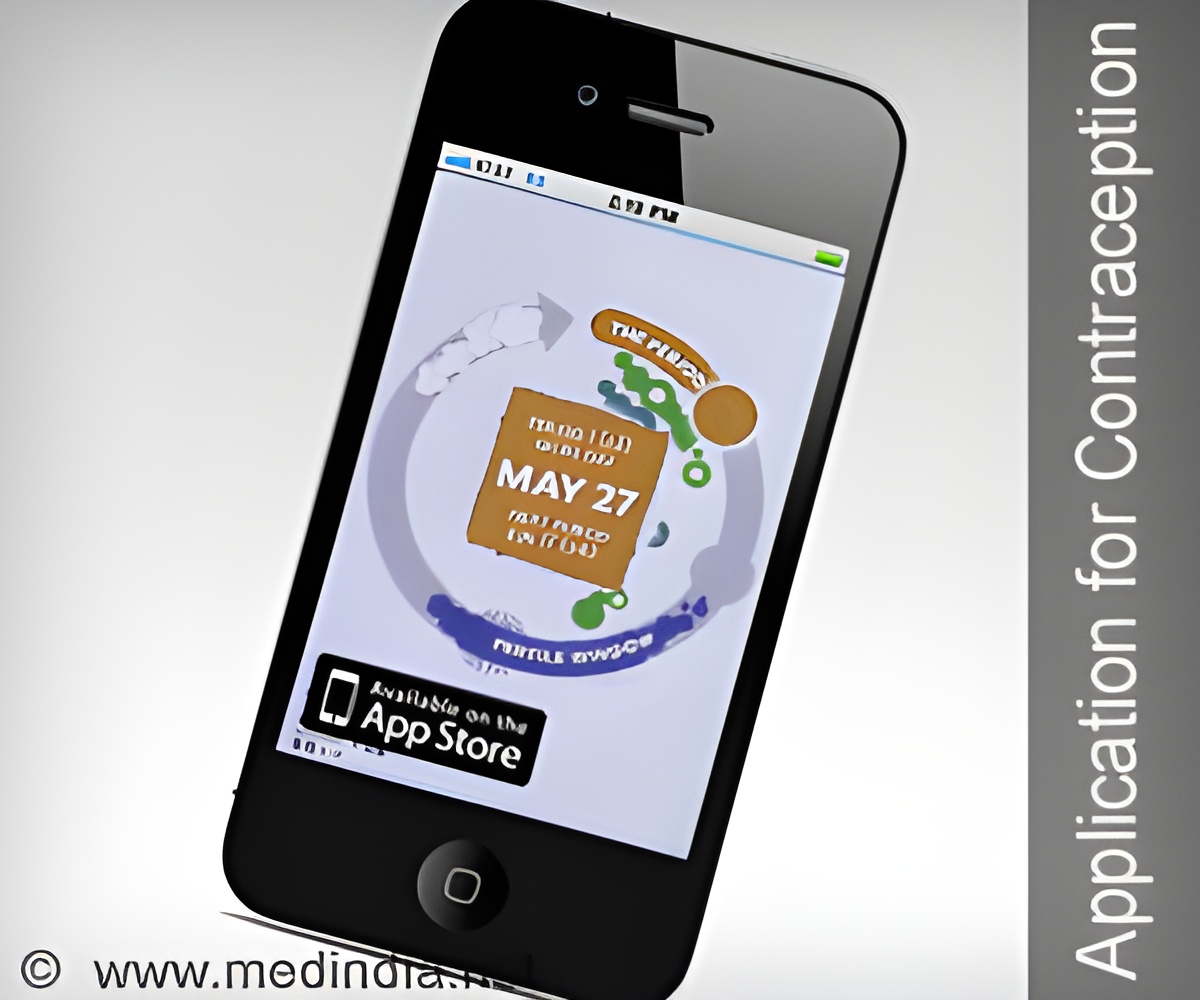
‘I want to change the family planning industry, we haven’t had any innovation in this space since the pill came out 60 years ago,’ said Ida Tin. 'Our ultimate aim is to replace the birth control pill, or at least give an alternative.’
The app requires its user to enter details about her mood, the levels of pain, and a number of other factors. With time, the app learns the pattern of the woman’s menstrual cycle and can make predictions. ‘This gives women a very accurate idea of when they will, and won’t, get pregnant.’
The app works on reliable algorithms unlike the other apps available in the market, claims the maker.
'Our design is for women, not girls, and is modern, clean and confident. We also have totally re-thought the calendar approach because we knew we needed something much faster.’
Birth-control pills and barrier methods such as male condom still remain as the most widely used methods of contraception worldwide. Estimates show that more than 100 million women worldwide use oral contraceptive pills. Proper usage of these pills has been shown to be effective in controlling births, but they are not devoid of side effects. Breakthrough bleeding is the most common side effect.
In this context, any innovation sans side effects can achieve global acceptance. The currently developed application is yet to get authentic scientific support from the medical community. It is still premature to blindly accept the app as a standalone contraceptive measure.
Source-Medindia










